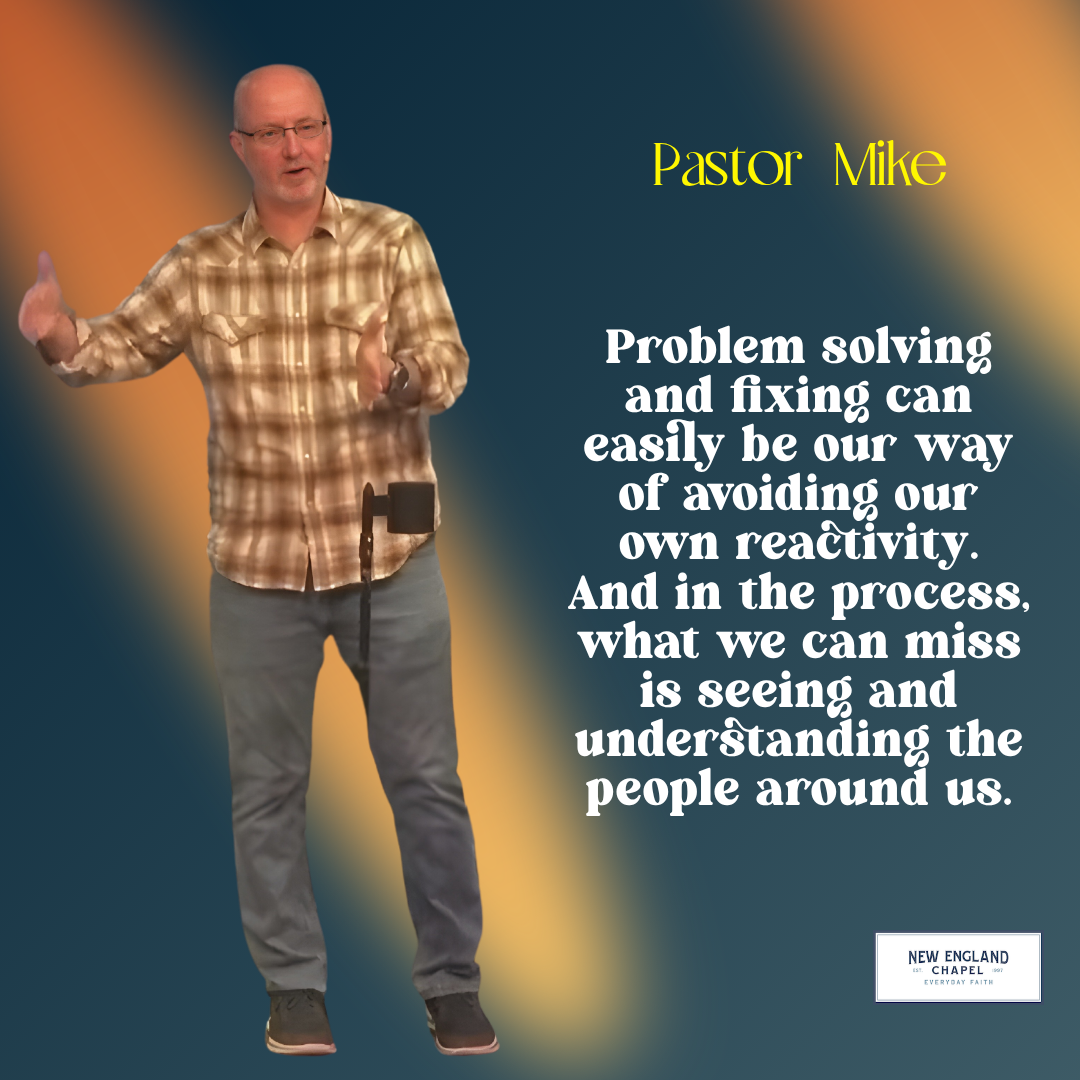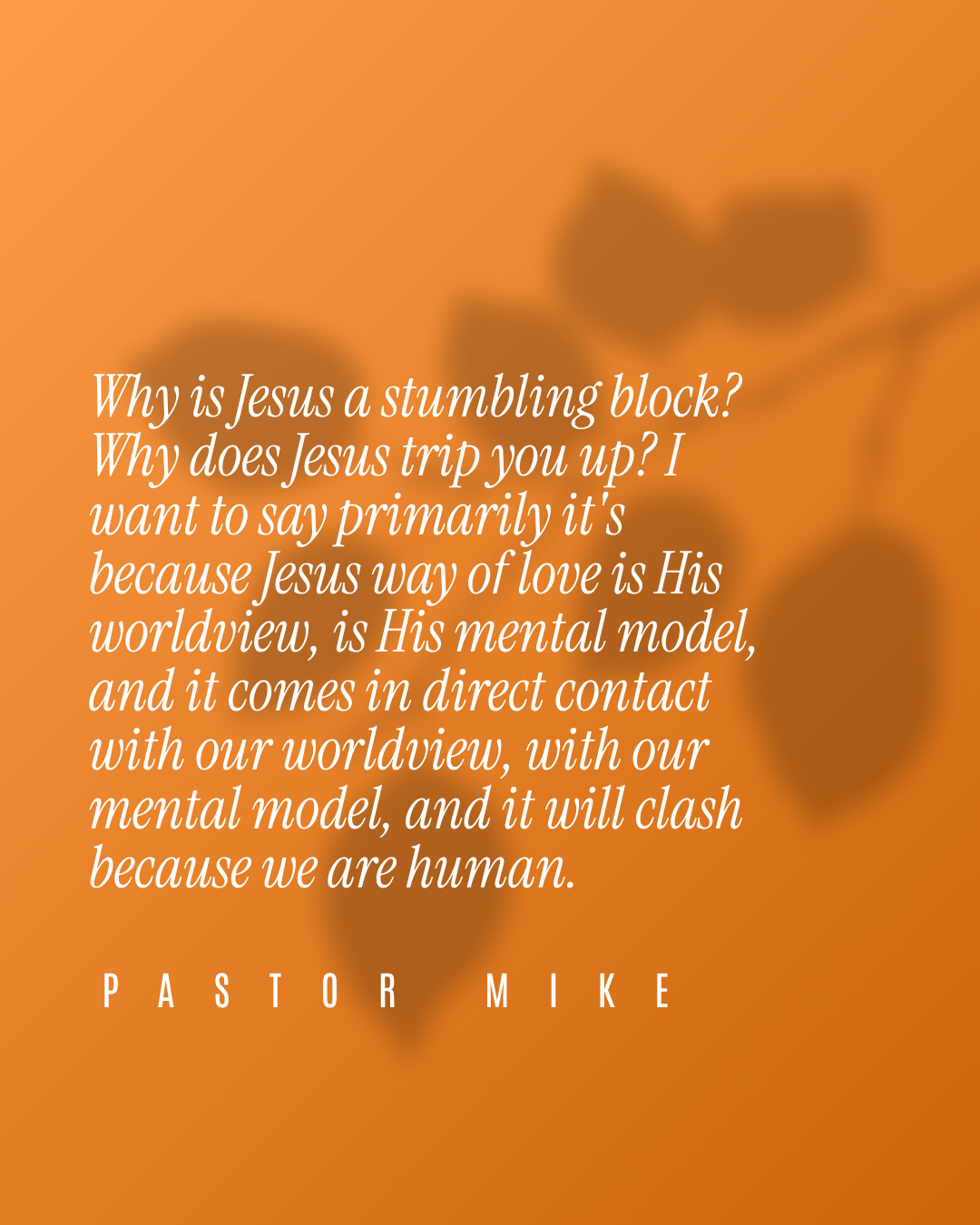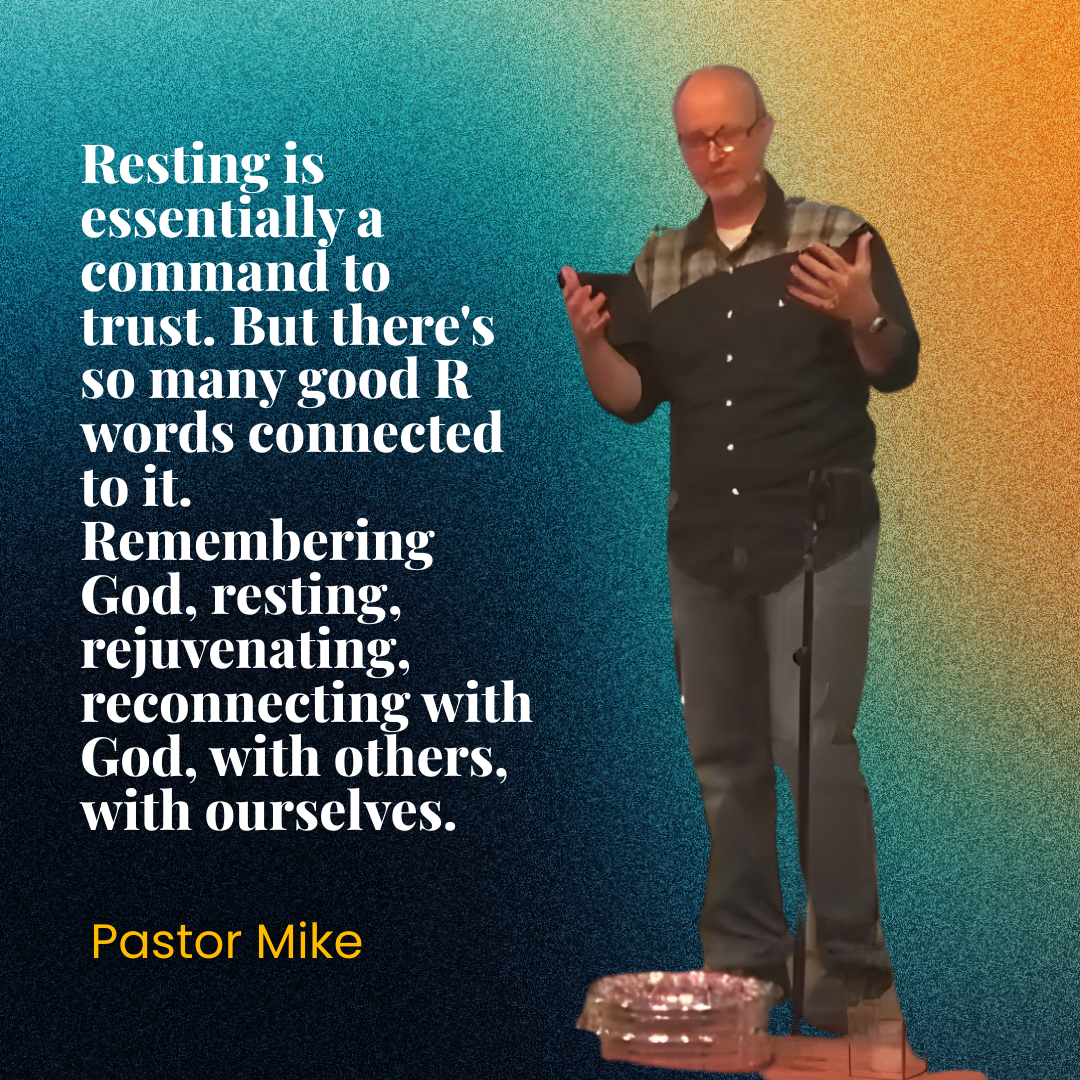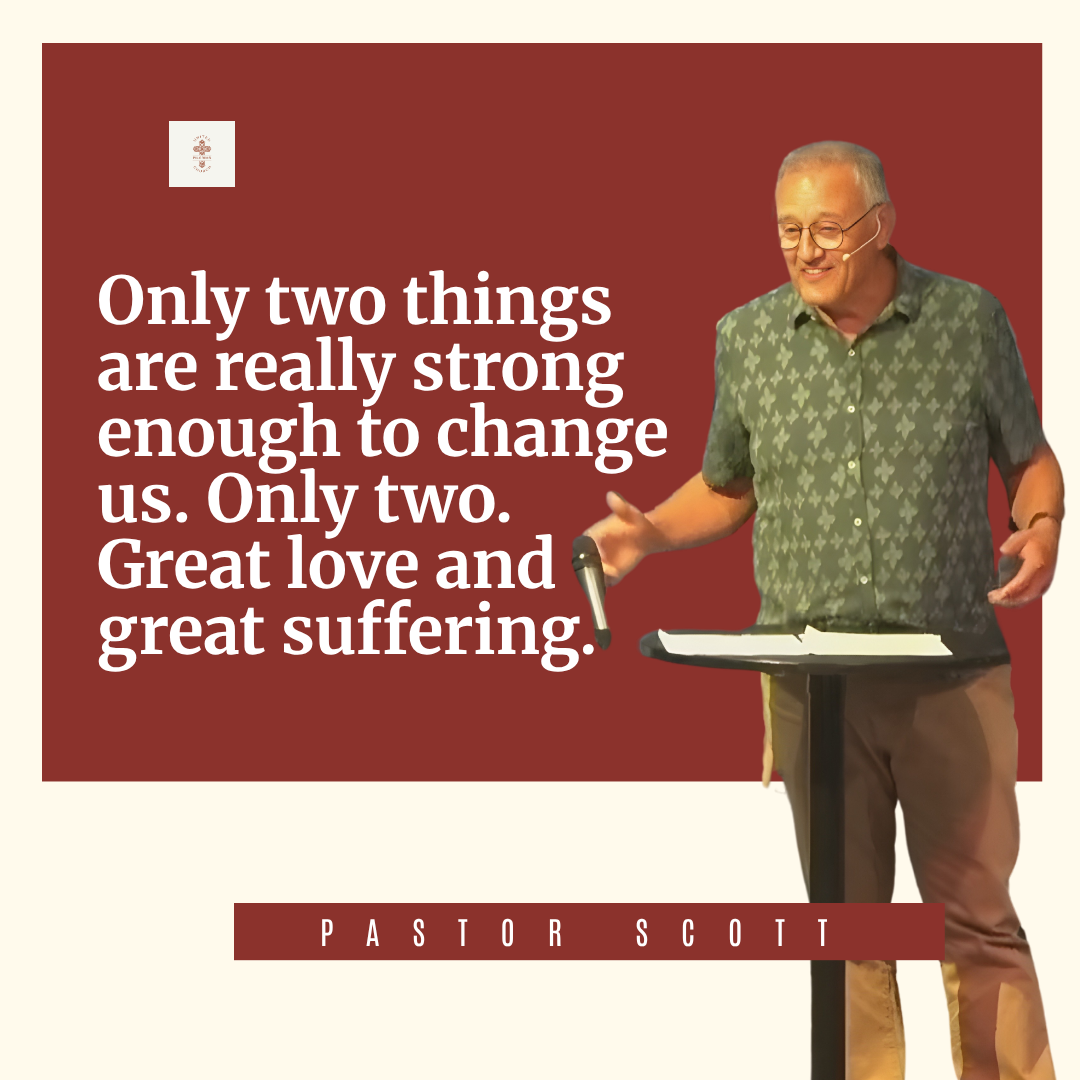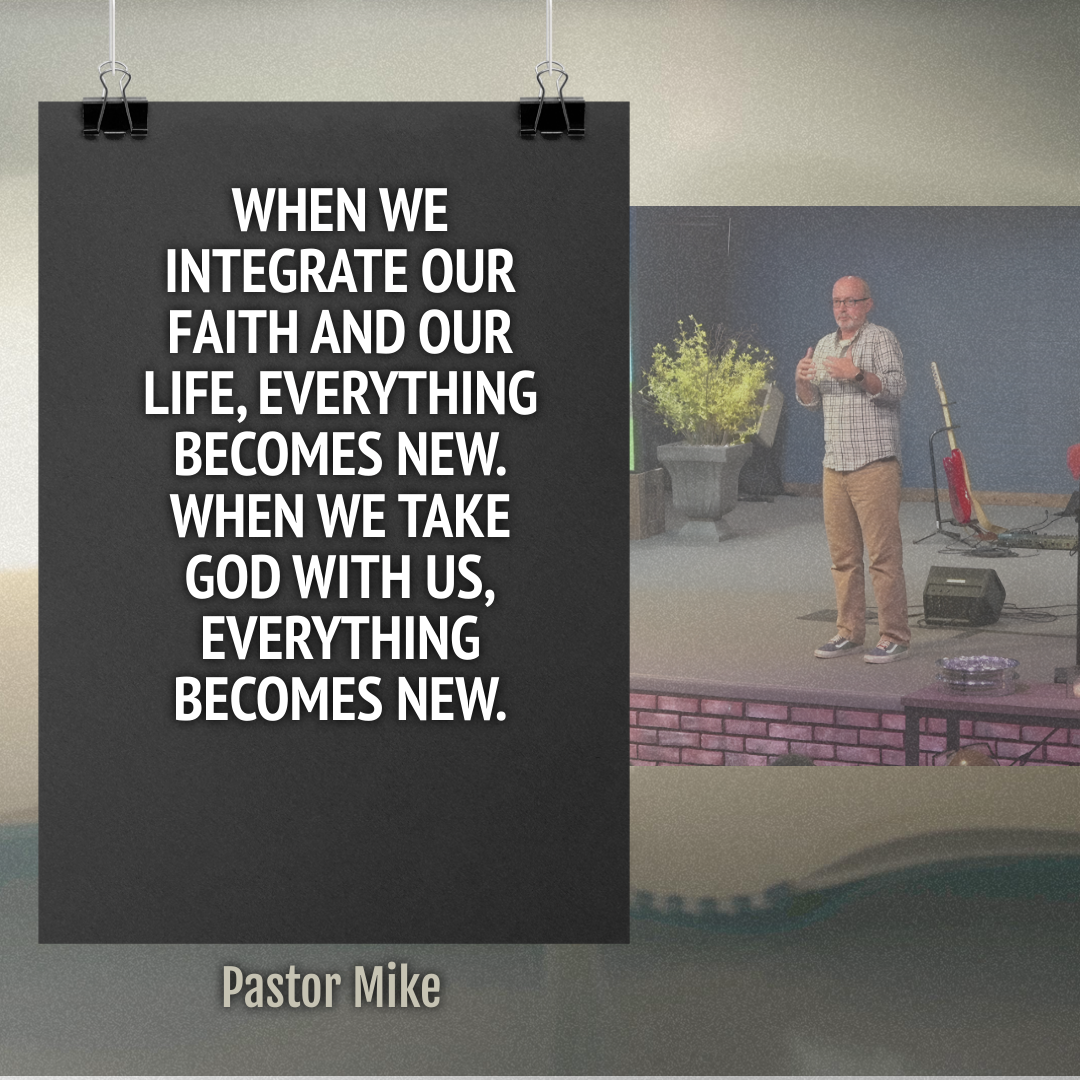Christmas offers more than holiday traditions - it reveals God's desire to be personally present with us. While secular philosophies leave us with human-created meaning and indifferent universes, the incarnation shows God moving into our neighborhood rather than away from it. Unlike powerful elites who isolate themselves, Christ chose humility and proximity. This Christmas, we can experience God's presence practically by taking quiet moments to breathe, acknowledge His nearness, and share our burdens with Him. The gift of Emmanuel means we never face life's challenges alone.
Christianity: where you truly get more than you give
The Christmas prophecy in Isaiah 9:6-7 reveals that Jesus came to establish God's way of life, not just political government. The four titles - Wonderful Counselor, Mighty God, Everlasting Father, and Prince of Peace - describe this new approach to living. While modern technology offers convenience but often isolates us, God's government operates on a gift-giving principle where we receive His love, mercy, and grace, then reflect those same qualities to others. This creates a double blessing and meaningful connections that counter our culture's tendency toward isolation.
People Pleasing at Christmas
Christmas often becomes stressful when we feel pressured to please everyone around us. Our childhood holiday memories, both positive and negative, can drive us to exhaust ourselves trying to create perfect experiences and keep others happy. The revolutionary truth of Christmas is that God didn't send Jesus because we pleased Him, but because He loved us unconditionally. When we understand that we don't need to earn God's approval, we're freed from the burden of people pleasing and can celebrate authentically out of joy rather than obligation.
Are you the Clark Griswold in your Christmas Vacation?
The holiday season often triggers our instinct to fix problems immediately, but this well-intentioned approach can sometimes make things worse. Jesus demonstrated a different way in Mark 1:35-38, choosing vulnerability over control when he left a crowd that loved him to preach in unknown towns. Our rush to fix problems often stems from our own discomfort rather than genuine care for others. True connection happens when we're present with someone in their struggle rather than rushing to eliminate their discomfort. Learning to pause, reconnect with God, and ask whose problem it really is can transform our relationships and create space for God to work.
How often are you linking your self worth to the things you accomplish?
The holiday season often triggers our perfectionism, making us believe our worth depends on flawless performance. Camouflaged perfectionism hides in areas we value most, whispering that mistakes will define us. But God doesn't measure us by performance - He looks at our hearts. Perfect love drives out fear, not through our flawless execution, but through God's unconditional acceptance. When perfectionism rises, we can pause, allowing God's love to break through our protective layers. This season, we can redefine success, reframe disappointments, and reclaim our peace by remembering that our lives don't need to be perfect to be profoundly beautiful.
Holiday Triggers: To avoid discomfort, do you turn to control?
The holidays often trigger our deepest anxieties and defense mechanisms, but Jesus offers a different way. In Matthew 11:28-30, He invites us to find rest for our souls. The Bible encourages internal emotional work, showing us how to examine our hearts and invite God into our struggles. We all have protectors (like perfectionism and people-pleasing), exiles (wounded parts carrying shame), and firefighters (quick pain relief behaviors). God wants to replace our human-sized protectors with His perfect love and control. By noticing our reactivity, naming what's happening, and inviting God in, we can experience true peace during stressful times.
Your walk with God: do you treat it as a checklist or a relationship?
Many Christians get trapped in black and white thinking, either following rigid rules or embracing anything-goes spirituality. Both liberal and conservative churches can fall into this trap in different ways. Paul discovered a third way when he wrote about being crucified with Christ - dying to ego-driven faith and letting God's Spirit work within us like yeast in bread. This transformation happens through relationship with Christ, not through rule-following or rule-breaking. When we die to the need to appear righteous and open ourselves to Christ's way, real change occurs from the inside out.
Love Dares You to Care For the People On the Edge
Jesus shocked his hometown by declaring that God's love extends beyond comfortable boundaries to include outsiders and marginalized people. Using Old Testament examples of God helping foreigners instead of his chosen people, Jesus challenged the cultural system that divided people into clean and unclean categories. He revealed that everyone is broken and everyone is loved, calling us to abandon our sense of moral superiority and reach across social, political, and economic divides. This transformative love flows not from trying harder to be good, but from experiencing God's unconditional grace that empowers us to see the humanity in those society has pushed to the margins.
Vocab word: Hermeneutic
Jesus gave us a specific way to interpret Scripture: through the lens of love. When religious leaders asked about the greatest commandment, Jesus revealed that all Scripture hangs on loving God and loving others. This hermeneutic transforms how we read the Bible, moving us away from rigid rule-following or moral cherry-picking toward understanding God's heart for relationship. When we apply the love lens, we see that sin isn't about breaking arbitrary rules but about what damages our connection with God and others. This approach challenges us to ask whether our biblical interpretations build people up or tear them down.
Do you know the difference of an answer vs a solution?
Jesus revolutionized how we understand Scripture by moving beyond simple rule-following to heart transformation. In the Sermon on the Mount, he showed that God isn't interested in behavior management but in addressing the root issues of our hearts. Rather than offering black and white answers like don't murder or don't commit adultery, Jesus provided solutions that deal with anger and lust at their source. This approach requires love, humility, and dependence on God rather than self-righteous rule-keeping. True righteousness comes from internal change, not external compliance.
Would you sit with the outcasts?
Jesus' way of love often acts as a 'scandalon' or stumbling block because it challenges our deeply ingrained mental models. While humans naturally divide into groups, Jesus crossed boundaries and embraced everyone. His approach clashed with both Jewish concepts of holiness and Gentile values of power and honor. Our mental models—shaped by personality, family, culture, and experiences—often create friction when they encounter Jesus' radical love. By allowing His love to transform our thinking, we can find peace with ourselves, God, and others, leading to a more fulfilling life guided by grace rather than performance.
Scheduling time to rest: redundant or restorative?
In our fast-paced world, many of us live in a perpetual state of exhaustion, pushing ourselves to the limit without adequate rest. This chronic stress endangers our physical, mental, and spiritual health. God emphasized the importance of rest by making it one of the Ten Commandments. The Hebrew word 'Sabbath' literally means 'to stop' - it's about remembering God, rejuvenating our bodies and minds, reconnecting with relationships, and reflecting on what matters. Creating a 'Life Giving List' of people, places, and activities that restore us can help implement regular pockets of rejuvenating rest in our daily lives.
The Happiness Paradox
In a world of increasing chaos and uncertainty, we can find purpose by returning to Jesus's fundamental teachings: loving God and loving our neighbors. The sermon explores how pursuing happiness directly often backfires, while serving others brings joy unexpectedly. It examines God's economy of giving, where what we receive is meant to flow to others, and how our pain can become comfort for those suffering similarly. Through the powerful transformation story of Herbie, who found purpose after years in prison, we see how one person can make a difference. When we allow ourselves to be used by God, our personal transformation affects the world around us.
Designed for Connection
In a chaotic world, we often struggle to find stability, yet Scripture clearly shows we were designed for connection. From Genesis to the New Testament, God emphasizes that humans shouldn't be alone, giving us 83 'one another' commands that reveal our relational purpose. Today's isolation—enabled by technology and individualism—has severe consequences, with loneliness impacting health as severely as smoking. The church offers a powerful antidote, creating spaces where diverse people connect through love, forgiveness, and service. As Rob's story demonstrates, authentic community can transform lives, providing the stability we desperately need in uncertain times.
Finding Stability in an Uncertain World
In our uncertain world, we often respond to chaos with fight or flight reactions that disconnect us from our true selves. The book of Ezekiel offers a powerful vision of water flowing from the temple, symbolizing how connecting with God brings stability and life to barren places. Christian meditation provides a practical way to experience this connection, allowing us to stay grounded regardless of external circumstances. By focusing on God's presence and truth rather than emptying our minds, we can experience the rivers of living water Jesus promised, bringing nourishment and healing to every area of our lives.
How to spot a healthy group/relationship
Control within church settings contradicts Jesus's teachings about servant leadership. Controlling behaviors damage relationships by creating cognitive distortions, forcing maladaptive behaviors, and using judgment as reinforcement. Healthy groups build trust, welcome feedback, and respect boundaries, while unhealthy groups demand blind loyalty, isolate members, and use fear as motivation. Jesus redefined leadership as service rather than control, emphasizing that in God's kingdom, we are equals. The RESCUE framework (Recognize, Establish boundaries, Seek support, Clarify your voice, Unplug if necessary, Expect pushback) offers practical steps for breaking free from controlling relationships. The true gospel centers on God's unconditional love, not human control.
Peace Starts Here
The heart is our core self, determining how we interact with the world. Jesus commands us to love others as He loved us, yet we often fall short, judging people based on our moods or preconceptions. The contrast between a heart at war and a heart at peace is stark - one sees others as objects or problems, while the other recognizes their humanity despite flaws. Moving from war to peace requires recognizing our choice, inviting God's help, following Jesus's example, and practicing patience with ourselves. This transformation isn't about others deserving our compassion, but about becoming who God created us to be.
Things Pastor Heather mentioned:"
The Anatomy of Peace, Fifth Edition: Resolving the Heart of Conflict
STRAW is a 2025 American psychological crime drama film written, produced and directed by Tyler Perry.
Let Them...Really? Part 2
Finding freedom from others' opinions requires taking our thoughts captive rather than letting them control us. Humans typically try to save themselves through self-actualization or religious performance, but both approaches ultimately fail. Christ offers a different path—He sees both our amazing qualities and our brokenness, yet loves us completely. By practicing 'Let them, let me, let God,' we can release ourselves from the prison of others' opinions and stand in the truth that we are fully known and fully loved, despite our imperfections.
Finding Peace When Expectations Aren't Met
In a world where disappointment with others often steals our peace, the 'Let Them' approach offers a biblical solution. Based on Paul's teaching to take every thought captive, this method acknowledges we cannot control others' actions. When faced with frustrating situations, we first say 'Let them' to create emotional space, then 'Let me' to process our own feelings according to our values. This two-step approach helps us maintain peace by focusing on what we can control rather than what we cannot. It's essentially a modern application of the ancient biblical principle of filtering our thoughts through Christ's perspective.
“Don’t let society control you. Don’t let your social media algorithms, don’t let your defense mechanisms. Take every thought, emotion, desire captive and hold it to your faith and your values, your identity.”
Living out faith in everyday moments
Many Christians struggle with compartmentalizing their faith, creating separate 'sacred' and 'secular' selves. This division can lead to hypocrisy, disillusionment, and eventually abandoning faith altogether. Jesus demonstrated at the wedding in Cana that God breaks down this false divide, using religious vessels for a practical purpose. When we recognize all of life as sacred, we see the divine image in everyone we encounter. By integrating faith into everyday moments—from traffic interactions to workplace relationships—we experience God more fully and positively impact those around us.


